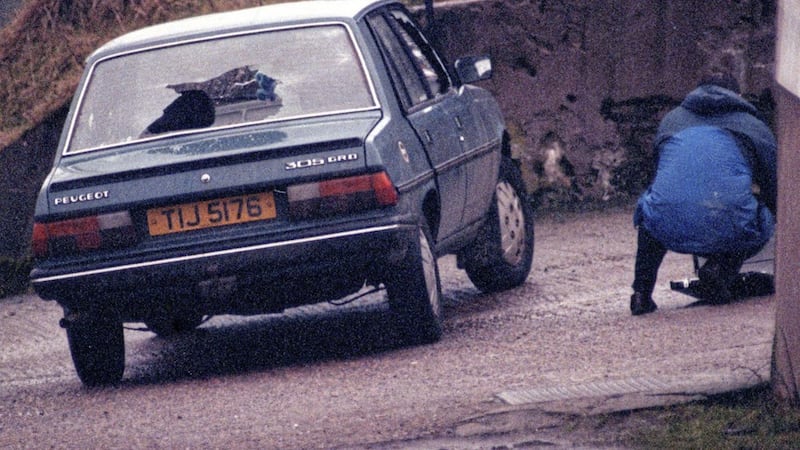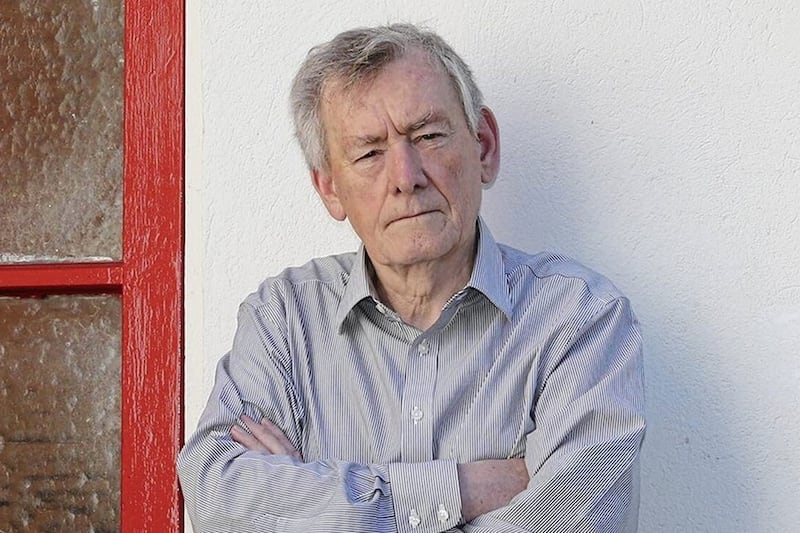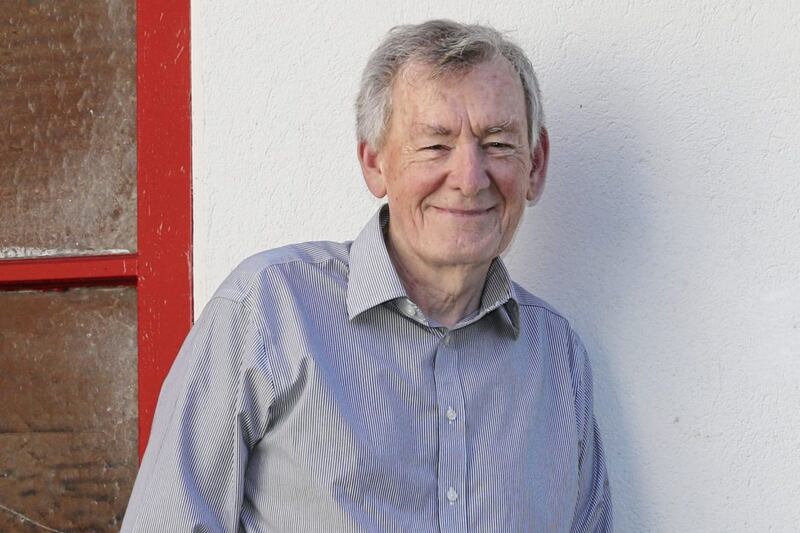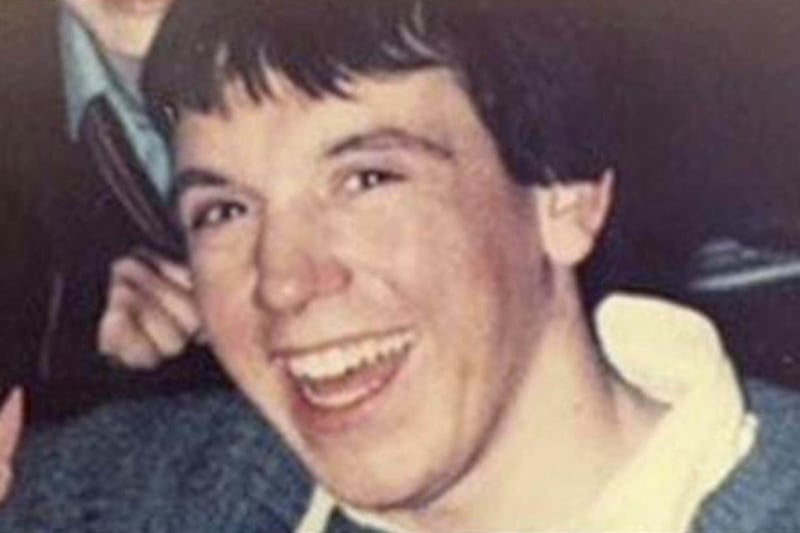VICTIMS' representatives last night branded planned British government legislation to address the legacy of the Troubles a "sinister denial of rights" and "typically self-serving".
While the Northern Ireland Troubles (Legacy and Reconciliation) Bill is understood to have been tweaked in the face of resounding opposition to its initial proposal for a statute of limitations, immunity from prosecution will be available to those who co-operate with an information retrieval body.
Aspects of the bill were outlined yesterday in the Queen's speech but detail remains scant. The British government said the legislation was aimed at providing better outcomes for victims, survivors and veterans.
It said the bill aimed to end what it termed the "cycle of investigations that has failed both victims and veterans", and would focus on "information recovery and reconciliation".
A briefing note issued by Downing Street said the immunity-for-information model provided the "best route to give victims and their families the answers they have sought for years as well as giving our veterans the certainty they deserve".
"This still leaves open the route of prosecution if individuals are not deemed to have earned their immunity," it said.
Alongside the establishment of a Independent Commission for Reconciliation and Information Recovery that would enable individuals and families to seek and receive information about Troubles-related incidents, the legislation would make provision for the "delivery of an oral history and the memorialisation of the Troubles".
But victims representatives have reacted angrily to what has so far been revealed.
Amnesty International's Grainne Teggart said the legislation would put the perpetrators of crimes, both state and non-state, "above the law and beyond accountability".
"These plans amount to a sinister denial of rights, dismisses victims’ strong objections and are a worrying interference in the rule of law," she said.
"No one is fooled by the UK government’s attempt to dress this up as anything other than a process designed to block victims from ever getting justice – once again, victims are being shamefully let down."
Mark Thompson of Relatives for Justice said that if passed the bill would "remove the rights of all victims to effective independent investigation, remedy, accountability and ultimately justice".
"This proposed bill places the British government in control of a deeply flawed process by which they alone determine who to punish, attribute blame, and continue its programme of anonymity and impunity, all this whilst lecturing victims that this is in their best interests," he said.
“This is typically self-serving and primarily in the interests of privileging state perpetrators and their agents."
Sinn Féin vice president Michelle O'Neill said the approach set out was not the way to deal with the past.
"We must deal with the past so we don't burden today's generation with that, we must deal with the past to give people the closure they need, and I am very certain the way to do that is not to give impunity and immunity to British serving forces here," she said.
"I am very certain we need a proper way to deal with the past that gives people what they need and the British government approach I am quite sure will not reflect what is needed here."
SDLP Colum Eastwood criticised the lack of detail around the bill and said the British government continued to act unilaterally in the face of widespread opposition.
"Instead of working with local political parties to reach a consensus on dealing with the past, difficult as that may be, they continue to go it alone and have produced proposals that have failed to generate support from a single political leader in Northern Ireland," he said.
DUP MP Gavin Robinson said his party would be pressing the British government for more detail.
"There can be no moral equivalence between those who perpetrated violence and those who tried to bring it to an end," he said.
"Victims and their families must be at the heart of any new legacy structures."







